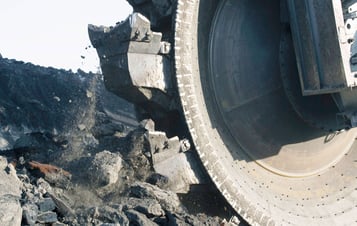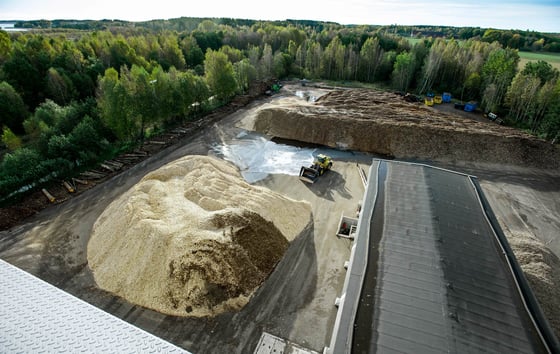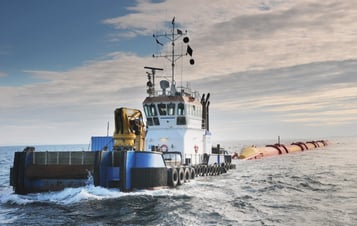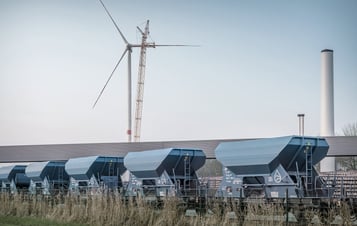How we source woody biomass
We source most of the biomass we use to generate district heating and electricity at our plants locally in the country in which we operate. We do this according to strict sustainability criteria and based on local conditions.
Biomass must be cultivated and produced in a controlled and sustainable manner to ensure a meaningful CO2 balance. When sourcing woody biomass, we seek to ensure that it is grown and produced in a responsible manner and that we fully comply with EU and national sustainability and greenhouse gas reduction requirements. We always require our suppliers to follow Vattenfall's Code of Conduct for Suppliers and Partners and to use established certification schemes and/or local requirements.
Vattenfall Energy Trading also sources biomass for third parties. Our trading unit is one of the largest European stakeholders in the global markets and is certified by the Sustainable Biomass Program, International Sustainability and Carbon Certification EU, Green Gold Label, the Forest Stewardship Council and ENplus. The company offers internationally standardised products such as wood pellets (industrial and residential) and wood chips sourced from Europe, the USA, and Canada. As a founding member of the Sustainable Biomass Program, Vattenfall Energy Trading has been involved in the development of global sustainability standards for biomass for several years and continues to support the programme.
Related content

Nuclear fuel suppliers are screened and approved by Vattenfall before they deliver.

We strive to improve corporate responsibility in the hard coal supply chain.

Renewable energy, like wind power, is the key to reducing global CO2 emissions.




